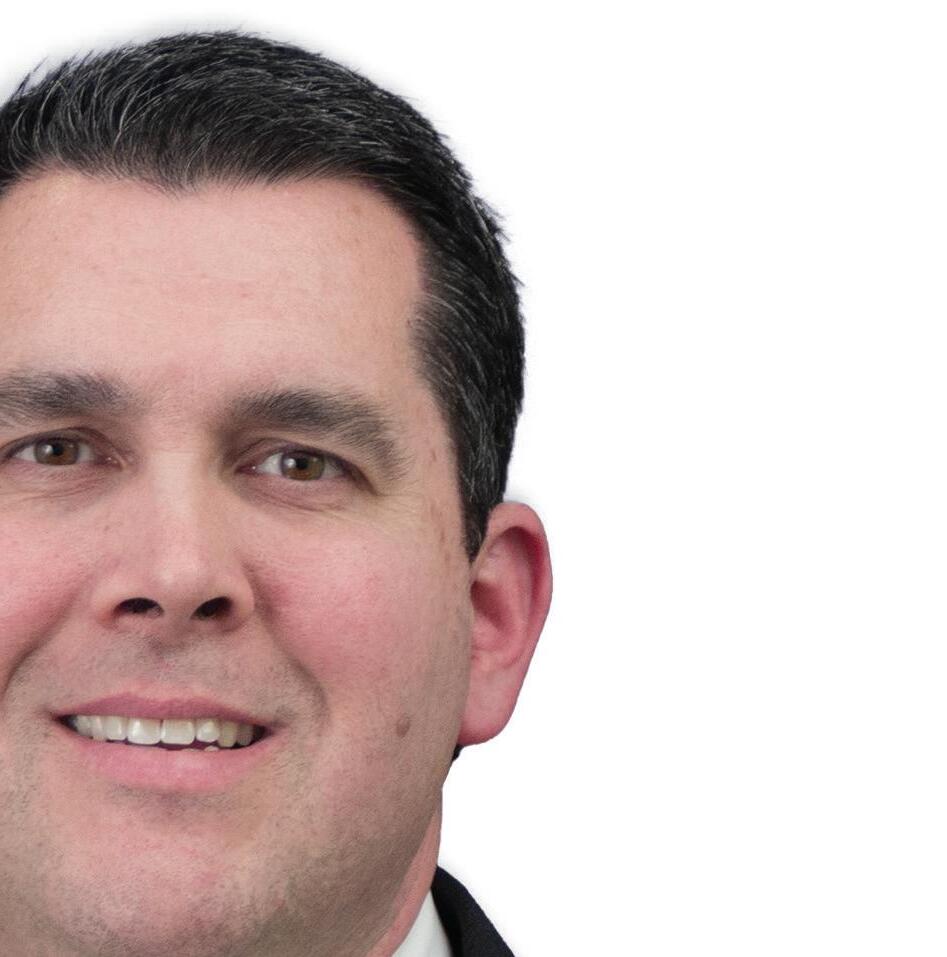
2 minute read
MODERNIZING NIGC REGULATIONS
Chairman E. Sequoyah Simermeyer and Vice Chair Jeannie Hovland discuss proposed changes for key employees and primary management officials.
During Tribal Consultations that took place from July 2021 through February 2022, the National Indian Gaming Commission (NIGC) solicited input on proposed rules updating, changing or clarifying NIGC regulations to support Tribal self-sufficiency and the integrity of Indian gaming.
The Indian Gaming Regulatory Act (IGRA) requires that “background investigations are conducted on the primary management officials, and key employees of the gaming enterprise and that oversight of such officials and their management is conducted on an ongoing basis…”
25 U.S.C. § 2710(b)(2)(F)(i) (emphasis added). NIGC has defined “key employee” and “primary management official” at 25 § C.F.R. 502.14 and
502.19, respectively. Additionally, NIGC describes the application, investigation, determination, reporting and licensing processes at 25 C.F.R. § 556 & § 558. As part of this investigation and eligibility determination process, Tribes and NIGC use fingerprint-based FBI criminal history records information (FBI CHRI).
Because the NIGC (1) receives FBI CHRI for the purpose of licensing primary management officials and key employees, and (2) the FBI determines when it is and is not appropriate to share FBI CHRI for such purpose, NIGC took FBI’s views into consideration. FBI is charged under federal law, regulations and policy to ensure FBI CHRI is only used for specific purposes provided for by law. NIGC’s goal is to define KE and PMO with enough specification to satisfy FBI CHRI requirements and at the same time provide tribes with enough flexibility to background and license the individuals working in, and managing, their gaming operations as they deem appropriate.
NIGC considered all comments and feedback stakeholders. Based on the diversity of responses, the agency issued a second Notice of Potential Rulemaking (NPRM) on April 14 to receive and consider any additional comments until May 30. Such comments are instrumental in this rulemaking process and the Commission thanks you in advance for any submissions.
PROPOSED CHANGES TO 25 C.F.R. § 502
Based on comments received to date, the Commission’s proposed amendments focus on licensing of primary management officials and key employees instead of their employment. Below are a few of the proposed changes to 25 § C.F.R. 502:
• Adding general managers and similar positions to the primary management official definition
• Limiting the definition of primary management official to those with duties similar to those of a CFO rather than persons who have financial
Management Responsibility
• Limiting primary management officials to employed management officials designated by Tribes instead of “any person” so designated
• Consolidating certain subsections of the key employee definition
• Modifying the definition of key employee to include any gaming operation employee authorized by the gaming operation for unescorted access to secured areas
• Removing compensation as determinative factor in the key employee definition and replacing it with the four most highly compensated persons in the gaming operation
• Allowing Tribes to designate any other employees of the gaming enterprise as a key employee instead of “any other person”
• Adding definitions for Gaming Enterprise and Tribal Gaming Regulatory Authority
PROPOSED CHANGES TO 25 C.F.R. § 556 AND § 558
Below are a few of the proposed changes for 25 C.F.R. § 556 & § 558 from the current NPRM:
• Clarifying licensing application and background investigation retention periods


• Adding NIGC notification for all licensing revocation decisions
• Specifying retention requirements of information and documentation post KE/PMO termination



• Changing the vesting of a right to a hearing to reflect Tribal law and policy
WHAT’S NEXT?
As indicated in the most recent Dear Tribal Leader Letter, the Commission will consider and adjudicate all comments and expects to publish a final rule soon after. Again, we strongly believe in ongoing consultations, and sincerely thank Tribal leaders and Tribal gaming regulators and professionals for their input. For more information or to leave a comment on proposed rule changes, contact the NIGC Legislative and Intergovernmental Affairs office at info@nigc.gov.
E. Sequoyah Simermeyer (Coharie Tribe) is NIGC Chairman and oversees the federal regulatory agency’s national operations. Jeannie C. Hovland (Flandreau Santee Sioux) is NIGC Vice Chair and Director of the Office of Self-Regulation.














